
All Age Schools Forum – Research Questionnaire Submission
Participating School or Schools:
Ysgol Caer Elen
Local authority and / or Consortia?
Penfro/Partneriaeth
Participating Staff researchers:
Sarah Jenkins, Sara Jenkins, Gareth Davies, Gareth Owens, Tristian Lewis, Catrin Shaw, Rachel Algeo, Nerys Rees, Owain Edwards, Caryl James, Angharad Powell
Theme:
Developing a New Curriculum for Wales.
If “other” please state:
Dim
Rationale for the choice of theme:
The majority of students transitioning from Year 6 to Year 7 are already attending Ysgol Caer Elen. It is therefore crucial that equity is a strong aspect of our curriculum provision and well-being provision to ensure that students joining from other primary schools are not at any educational or emotional disadvantage. Ensuring a purposeful curriculum continuum and well-being across our cluster is a priority.
What was the research question?
How can we ensure an effective curriculum continuum and well-being across our cluster to offer equal opportunities to learners while simultaneously respecting the rights of schools across the cluster to focus on their environment and offer their own curriculum?
What research design was used?
Action Research. (Solving practical school problems)., Organisational Research. (Analysing and interpreting the school)., Practitioner Research. (Research by school practitioners).
If “other” please state.
None
Research methods used.
Questionnaires., Literature Reviews., Focus Groups.
If “other” please state.
None
How was the funding used to resource the design?
Staff cover., Staff visits., Research materials including books.
If “other” please state.
None
What were the research objectives?
The purpose of the research was to develop a deeper understanding of Lucy Crehan’s ideas in the first instance to ensure that our curriculum offer across the cluster focuses purposefully on the most effective way to develop students’ knowledge, understanding, and skills intentionally. There was a strong focus on collating a wide range of evidence based on how to develop a sophisticated and robust curriculum that would be consistently purposeful. Focus was also on Mary Myatt’s work, and MDaPh leaders had the opportunity to focus on the evidence presented by her regarding how to develop learning programs that would ensure deep learning while avoiding creating superficial learning experiences. In order to integrate effective pedagogy with curriculum planning, the work of James Mannion was focused on. In learning about his work, teachers developed an understanding of the best ways to enhance learner effectiveness. Teachers were encouraged to experiment and then reflect on student work to assess the impact of the teaching programs and learning experiences on progress.
What were the research outcomes?
As a result of this research, teachers succeeded in developing an understanding of how to develop a coherent curriculum and pedagogy continuum. Teachers across Ysgol Caer Elen cluster had opportunities to collectively plan, collaborate, and share good practices. Primary and secondary teachers had the opportunity to share their expertise, ensuring that their understanding of the learning experiences offered across the progression steps was robust. Teachers now understand the value of looking beyond the institution by adjusting their knowledge of what is happening locally, nationally, and internationally.
How has the research process impacted the school?
Staff confidence has certainly increased, and the sense of strategic collaboration across the cluster is stronger. Teachers across the cluster have developed a model of planning that ensures consistency and a shared understanding of the best ways to enhance student skills and knowledge. Staff embraced the idea that active research is an integral part of their work and that inquiry is a powerful tool that strengthens their practice. Staff feel empowered and experimentation is something to be welcomed. This has been an important step as we create a culture based on self-improvement in the school and across the cluster. The impact on students is that they demonstrate extremely positive attitudes towards learning, and Year 7 students who joined the school this year have successfully settled in. Student and parent surveys confirm this.
What, if any, are the potential areas for follow-up research?
The next step is to complete more research based on developing learner effectiveness. We need to consolidate our ideas and assess the impact of our strategies over time. To this end, we intend to continue collaborating with James Mannion to ensure that we implement his ideas purposefully by asking him to review our plans and strategies.
How have any changes resulting from the research been implemented?
Our learning programs and plans across the school and cluster are consistent. Our middle leaders have a more sophisticated understanding of the elements that make up an effective curriculum continuum. They have mapped skills, experiences, and knowledge comprehensively, and they consider the most effective pedagogy. A website for the cluster has been created that allows teachers across the cluster to share good practices and reflect on their research work.
Can the school make recommendations to other schools based upon the research?
Capacity needs to be created to allow teachers to complete research in the first instance and then to collaborate and plan together. A climate needs to be created that allows teachers to experiment and trial, ensuring that teachers have the opportunity to reflect on and share their findings. When discussing priorities for training for the year, specific dates should be earmarked on the school calendar to encourage cluster-level collaboration. The research conducted is clearly indicating that gimmicks should be avoided and that self-deception should be avoided – the focus must be on deep learning.
Ethical research practice
The school confirms that the enquiry detailed above was carried out in accordance with the 2018 British Educational Research Association’s Ethical Guidelines for Educational Research. These guidelines include participant consent, transparency, the right to withdraw, incentives, avoidance of harm, privacy and data storage, and disclosure.
Report Author:
Dafydd Hughes
Report Date:
31-01-2024
Acknowledgements
Sarah Jenkins, Sara Jenkins, Gareth Davies, Gareth Owens, Tristian Lewis, Catrin Shaw, Rachel Algeo, Nerys Rees, Owain Edwards, Caryl James, Angharad Powell
Schools included in the RESEARCH:
Ysgol Caer Elen
AUTHORS
Dafydd Hughes


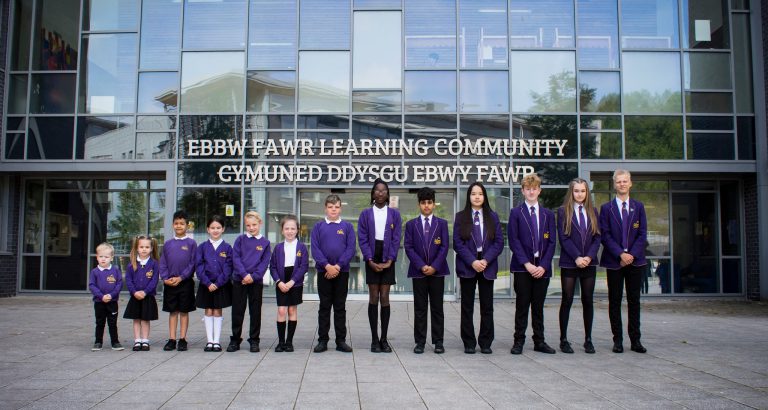
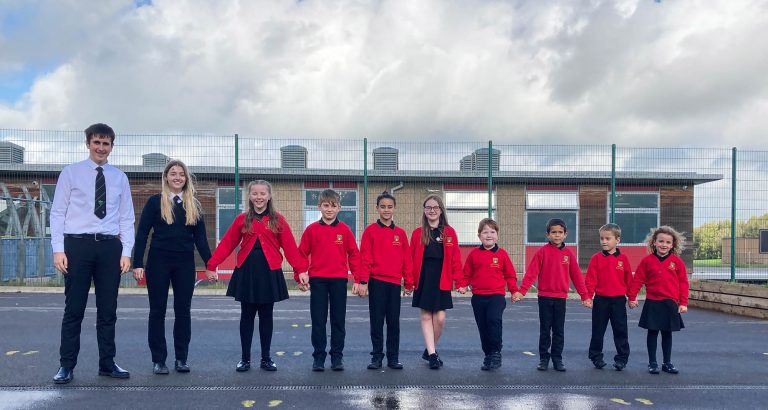
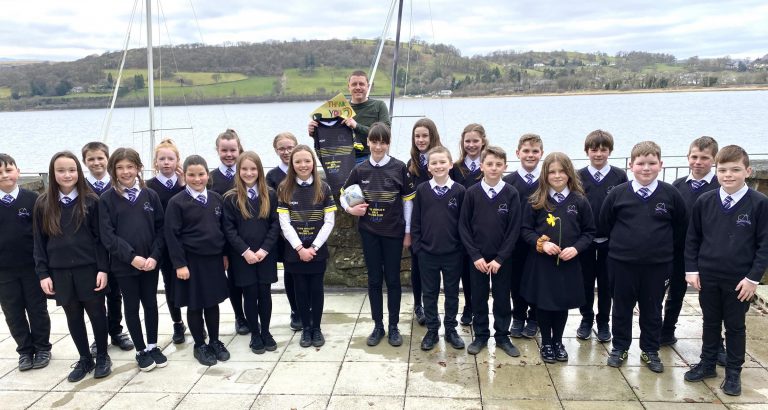
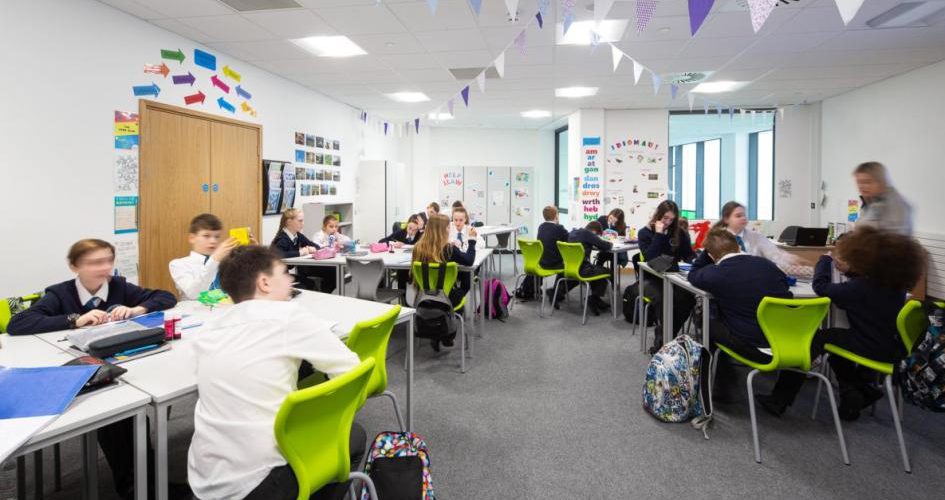




Leave a Reply